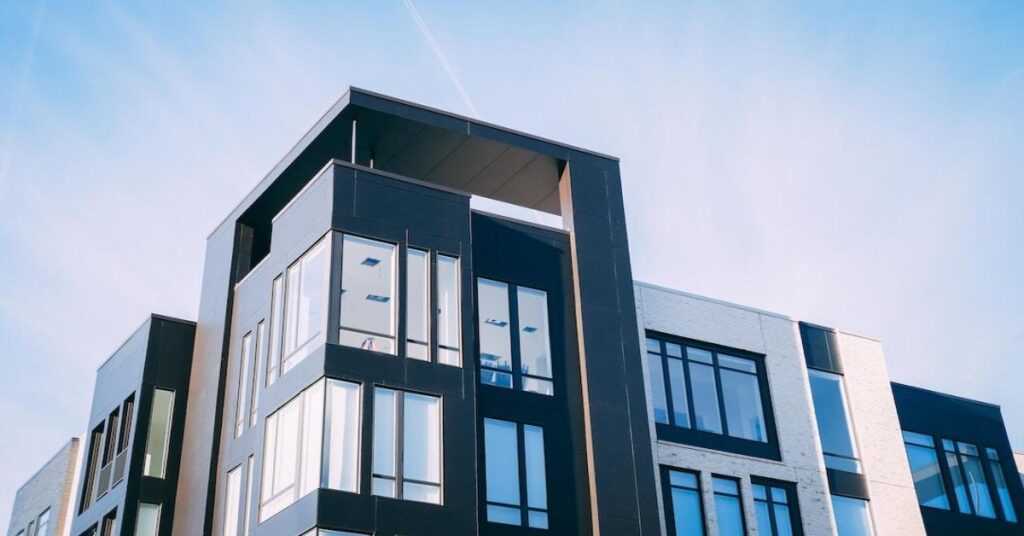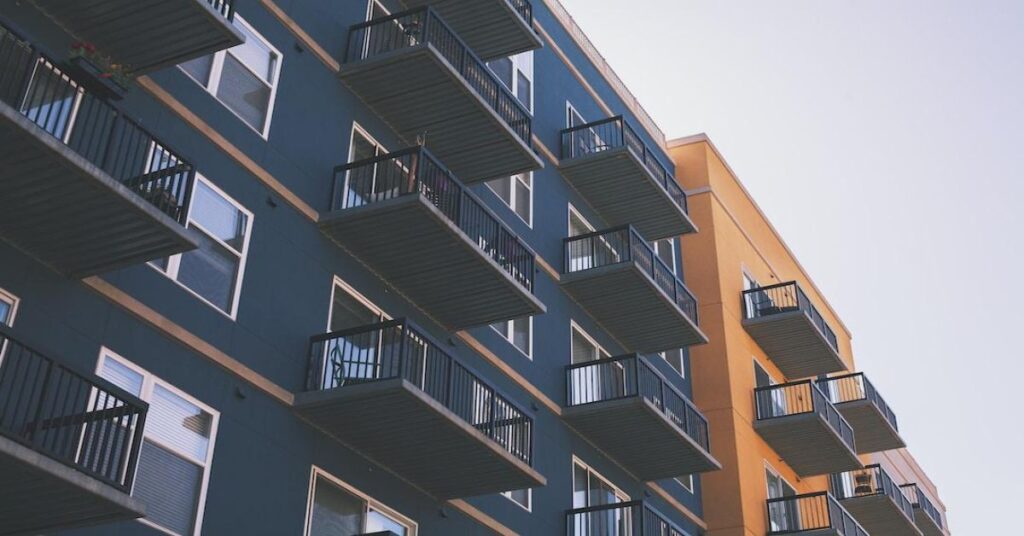Managing an apartment building requires a multifaceted approach that encompasses everything from tenant relations to maintenance and financial oversight. Having the right resources at one’s disposal can make the difference between a well-run apartment complex and one that falls behind in efficiency and tenant satisfaction. Below, we will explore some of the top resources that every apartment building manager should have on their radar to ensure smooth operations.
Essential Online Platforms for Effective Apartment Building Management
In this digital age, online platforms are invaluable for apartment building managers aiming to streamline their operations. Property management software solutions offer centralized databases for tracking rent payments, managing lease agreements, and monitoring vacancies. These platforms often come with additional tools for reporting and analytics, helping managers make data-driven decisions.
Additionally, online marketplaces for property managers can simplify the procurement process for services and supplies. From finding contractors for repairs to ordering bulk cleaning supplies, efficient online sourcing is a time-saver. Inbuilt cost comparison features and reviews can help ensure that services and products are procured at the best price without sacrificing quality.
For those focused on security, integrating apartment security systems with online platforms can offer real-time surveillance and incident reporting. This allows for swift action in case of any disturbances or breaches, assuring the safety of tenants and the property alike. Online platforms can also support access control management, crucial for high-turnover buildings.
Leveraging Maintenance Management Tools for Apartment Complexes

Maintenance is a cornerstone of apartment building management, and leveraging the right tools can considerably lift the burden off managers. Digital maintenance management systems facilitate the delegation of tasks, tracking of progress, and maintenance scheduling. They also provide a transparent channel for tenants to submit maintenance requests and receive updates.
These tools can record the history of repairs for each unit, which is critical data when planning renovations or negotiating with service providers. Over time, patterns may emerge that lead to proactive maintenance strategies, preventing major issues before they arise and resulting in significant cost savings.
Managers can further use these tools to manage vendor relationships by storing contracts, overseeing service level agreements, and assessing performance based on feedback from tenants. This not only ensures accountability but also provides leverage in negotiating future contracts with service providers.
Benefits of Tenant Communication Portals for Building Managers
Tenant communication portals are revolutionizing how building managers interact with residents. These platforms offer a streamline for disseminating information, such as policy updates or event announcements, and gathering feedback from tenants on various matters relating to the building community.
The convenience of mobile access to these portals means that tenants are more inclined to report issues promptly, which can significantly reduce the time it takes to address them. Furthermore, robust communication tools can also facilitate dialogue between tenants, creating platforms for community building and collective problem-solving.
When tenants have a channel for direct communication, they often feel more valued and understood. This can lead to increased retention rates as satisfied tenants are more likely to renew their leases. The portals also serve as a record-keeping tool, documenting all interactions should any disputes or misunderstandings arise.
Understanding Legal Resources and Support for Property Management Compliance

Navigating the legal landscape of property management can be complex, but understanding legal resources and support is critical for compliance. Building managers should have access to legal counsel, whether in-house or external, to stay abreast of any changes in property laws, housing regulations, and tenant rights. This proactive approach can prevent legal issues before they arise.
Building managers also need to keep informed about local building codes and safety regulations, particularly concerning fire safety, composition roofing, and structural integrity. Regular inspections and adherence to compliance standards are non-negotiable for the safety of tenants and the longevity of the property.
Online legal databases and property management associations often offer resources such as templates for lease agreements, notices, and other legal documentation. Utilizing these resources ensures that all paperwork is up to date and legally sound, protecting both the management and the tenants.
Overall, the resources available to apartment building managers are extensive and multifaceted. Utilizing a combination of online platforms, maintenance management tools, tenant portals, financial management software, and legal resources not only bolsters the efficiency of operations but also contributes to the overall satisfaction of residents.
Related Articles:
Strategies for Selling Your Home in a Competitive Market
Soffits in Houses and Their Impact on Aesthetics and Property Value
